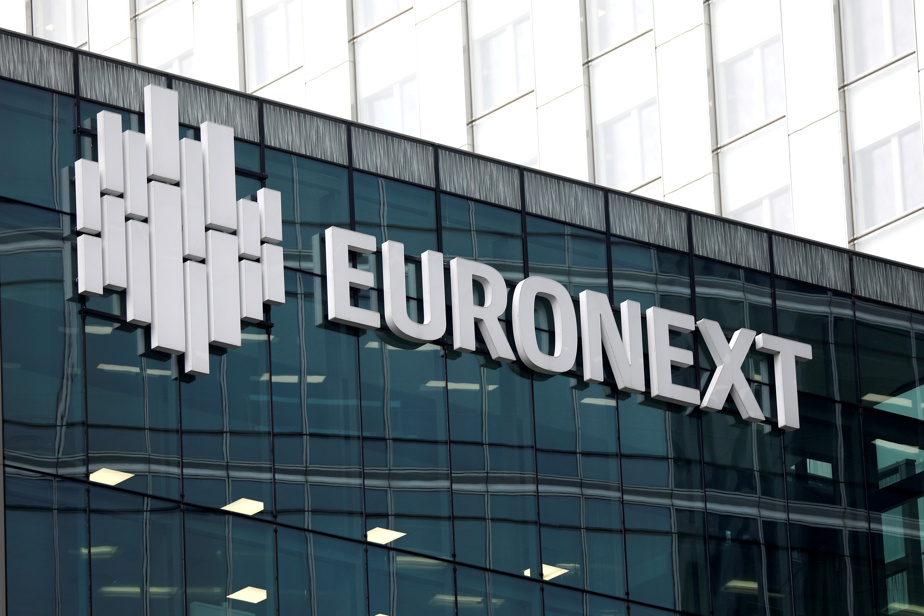(Paris) Tensions around maritime traffic in the Red Sea are pushing oil prices higher on Monday, while stock and bond markets are sailing in calm waters after a busy week.
Among European stock markets, Paris lost 0.37%, Frankfurt 0.60% and Milan 0.44%. London advanced 0.50%, driven by oil stocks.
The Wall Street indices have been rising since the opening, continuing to ride their trend from last week after the softer than expected speech from the American Federal Reserve (Fed). Around 11:50 a.m., the Dow Jones gained 0.17%, the S
In the bond market, interest rates on sovereign debt did not vary much either. The yield on the 10-year US bond increased very slightly compared to Friday’s close and stood at 3.95%.
“The start of the week was not the most exciting, but that was to be expected given the number of major events that occurred in recent sessions and the absence of significant events today,” comments Oanda analyst Craig Erlam.
The markets largely reacted last week to announcements from central banks, notably the American Federal Reserve, whose members discussed a timetable for lowering key interest rates.
“We have arrived at the period where it is quite tempting to take profits, after” the sharp rise in stocks “for a month and a half and before the end of the year,” observes Alexandre Neuvy, director of private management at Amplegest .
In recent weeks, Yemeni rebels, close to Iran, have increased attacks near the strategic Bab al-Mandeb strait, which separates the Arabian Peninsula from Africa.
Oil prices are climbing around 11:45 a.m., driven by concerns over supply difficulties through the trade route, after several global shipping giants announced their ships would avoid the Red Sea.
After the Danish Maersk (3.09% in Copenhagen), the German Hapag-Lloyd (8.82% in Frankfurt), the French CMA CGM and the Italian-Swiss MSC, it is the Taiwanese Evergreen which announced on Monday suspend the crossing of the Red Sea, the last major shipping company to take such a decision.
The British hydrocarbon giant BP (1.66% in London) also decreed the same.
Around 11:45 a.m., the price of a barrel of North Sea Brent for February delivery rose 2.40% to $78.39. Its American equivalent, a barrel of West Texas Intermediate (WTI) for delivery in January gained 2.62% to $73.29.
Oil stocks followed the trend in hydrocarbon prices: Shell advanced 1.36% in London, TotalEnergies 1.17% in Paris, Eni 1.28% in Milan, Equinor 2.65% in Oslo and ExxonMobil rose 1.65% in New York.
In Frankfurt, Volkswagen (-1.00%), Mercedes (-1.29%) and BMW (-1.98%) fell after the German government decided to abruptly end subsidies for car purchases electrical, due to budgetary constraints.
On the foreign exchange market, the yen fell against most currencies, on the eve of a monetary policy decision by the Bank of Japan (BoJ). Around 11:40 a.m. Eastern Time, the Japanese currency lost 0.61% to 143.02 yen per dollar.
The Tokyo Stock Exchange ended down 0.64%.
The yen is weighed down by the BoJ’s “ultra-accommodative” monetary policy, going against the grain of other central banks, and investors are waiting for signs of a change in direction.
“There is only a small probability that the BoJ will exit the territory of negative rates this week,” however, estimated Monday Ipek Ozkardeskaya, analyst at Swissquote.
As for the euro, it rose 0.25% to 1.0923 dollars per euro.
Bitcoin fell 1.26% to $41,354.
